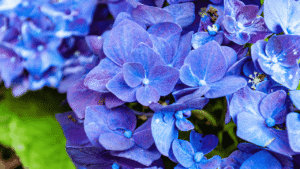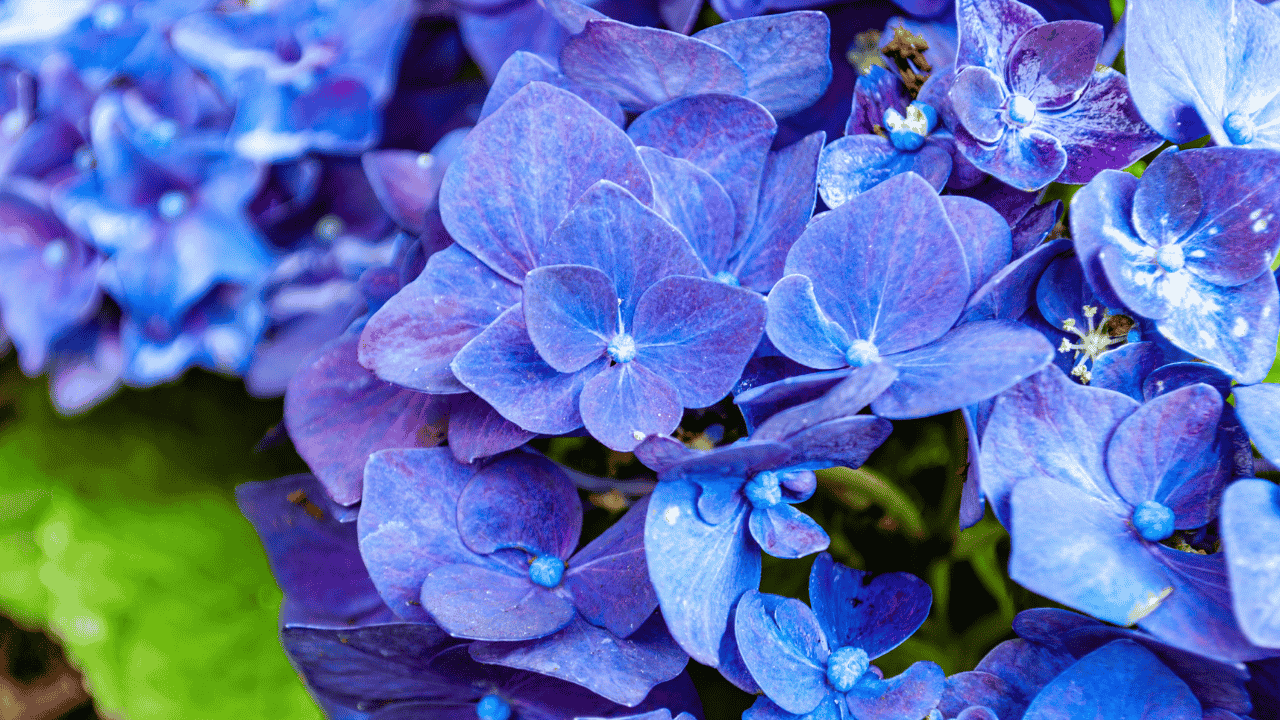Blueberries may look ready to eat right out of the carton, but appearances can be deceiving. A quick rinse under the tap doesn’t do much to eliminate dirt, pesticides, or microbes that cling to their delicate skins. If you want to enjoy blueberries at their freshest—and keep them safe and mold-free—washing them properly makes all the difference. Luckily, you don’t need fancy cleaners. With simple pantry staples like vinegar and baking soda, you can give your berries a deep yet gentle clean while also extending their shelf life.
Reason
Plain water alone can remove surface dust, but it falls short when it comes to tackling bacteria and chemical residues. That’s where acidic and alkaline solutions come in.
- Vinegar (acidic) helps kill bacteria and dissolve certain chemicals.
- Baking soda (alkaline) targets other types of microbes and helps lift residues.
Using one—or alternating between the two—provides a deeper clean than water alone. The trick is moderation: a short soak followed by a thorough rinse keeps berries firm and flavorful without damaging their skins.
Vinegar
The most widely recommended wash is vinegar. White distilled vinegar works best because it’s inexpensive, effective, and has a neutral aftertaste when rinsed well.
How to wash with vinegar:
- Mix 1 part vinegar with 3 parts cold water in a large bowl.
- Add blueberries and stir gently for 5–10 minutes.
- Drain and rinse under cold running water.
- Dry thoroughly with a clean towel or paper towels.
Apple cider vinegar can be used as well, but it often leaves behind a stronger scent and costs more. For simplicity, stick to white vinegar.
Baking Soda
If you prefer an alkaline solution, baking soda is another safe, natural option. It not only helps break down surface residues but also loosens dirt more effectively than water alone.
How to wash with baking soda:
- Dissolve 1 teaspoon of baking soda in 2 cups of cold water.
- Add blueberries and soak for 5–10 minutes, stirring occasionally.
- Rinse thoroughly to remove any leftover baking soda.
- Pat dry carefully before storing.
Be sure to rinse well—leftover baking soda can leave a chalky taste.
Storage
How you store washed blueberries matters as much as how you wash them. Moisture is the number one cause of mold growth, so drying is crucial.
Tips for storage:
- Dry berries completely before putting them away.
- Store in a breathable container (avoid sealed plastic).
- Line the container with paper towels to absorb excess moisture.
- Keep in the refrigerator’s main compartment instead of the crisper drawer.
When properly cleaned and stored, blueberries can stay fresh for up to a week—much longer than unwashed berries, which often spoil within a few days.
Freezing
If you have more blueberries than you can eat in a week, freezing is the best option. Frozen blueberries are excellent for smoothies, baking, or even snacking straight from the freezer.
How to freeze blueberries:
- Wash and dry thoroughly.
- Spread them in a single layer on a baking sheet.
- Freeze until solid, then transfer to freezer-safe bags or containers.
- Store for up to six months.
This method keeps them from clumping together and preserves their flavor.
Tips
- Don’t soak for too long—extended baths can soften berries.
- Wash only what you plan to eat or store immediately.
- Avoid airtight containers, which trap moisture and speed up mold growth.
- Frozen blueberries don’t need to be thawed for smoothies—just blend directly.
FAQs
Can I just rinse blueberries with water?
Yes, but it won’t remove much bacteria or pesticide residue. Vinegar or baking soda is more effective.
How long should I soak blueberries?
5–10 minutes is ideal—longer can damage the skins.
Should I wash blueberries before freezing?
Yes, but make sure to dry them thoroughly to prevent clumping.
Does vinegar leave a taste on blueberries?
Not if you rinse them well after soaking.
Why avoid airtight containers for storage?
Because they trap moisture, which encourages mold growth. Breathable containers extend freshness.













